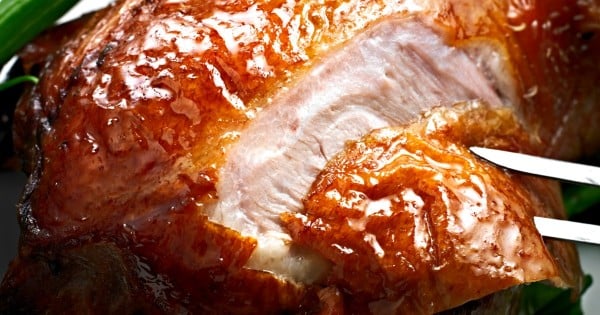
The easiest work lunch option known to mankind? Last night’s leftovers in a microwavable container. Done. Easy. Or is it?
Turns out not all foods are made to be reheated. In fact, doing so can can actually cause you to be very, very sick.
These are the six foods experts recommend you think carefully about before packing them into your lunch bag.
1. Rice
Oh, leftover Chinese takeaway, how we will miss you so.
The problem here? The variation in temperature encourages bacteria growth.
“Uncooked rice can contain spores of bacteria that can cause food poisoning. When the rice is cooked, the spores can survive… Then, if the rice is left standing at room temperature, the spores will multiply and may produce poisons that cause vomiting or diarrhoea. Reheating the rice won’t get rid of these poisons,” advises Food Standards Australia (FSA).
If you must, the FSA recommends reheating all food rapidly to at least 70 degrees and holding it at that temperature or hotter for at least two minutes to minimise the risk.
2. Chicken
It’s common knowledge that poultry, in particular chicken, carries a high risk of salmonella if not prepared or cooked properly.
When reheating in the microwave, not all sections of the food are penetrated equally meaning varying temperatures can encourage bacteria growth.
Watch: Dani Venn shares her delicious hoisin pork rib recipe – too good to have leftovers! Post continues after video


Top Comments
To save everyone some reading time I'll make a Public Service Announcement about common sense.
Do not leave food at room temperature and use refrigeration when possible.
Seafood would be another to add to the list, I think.